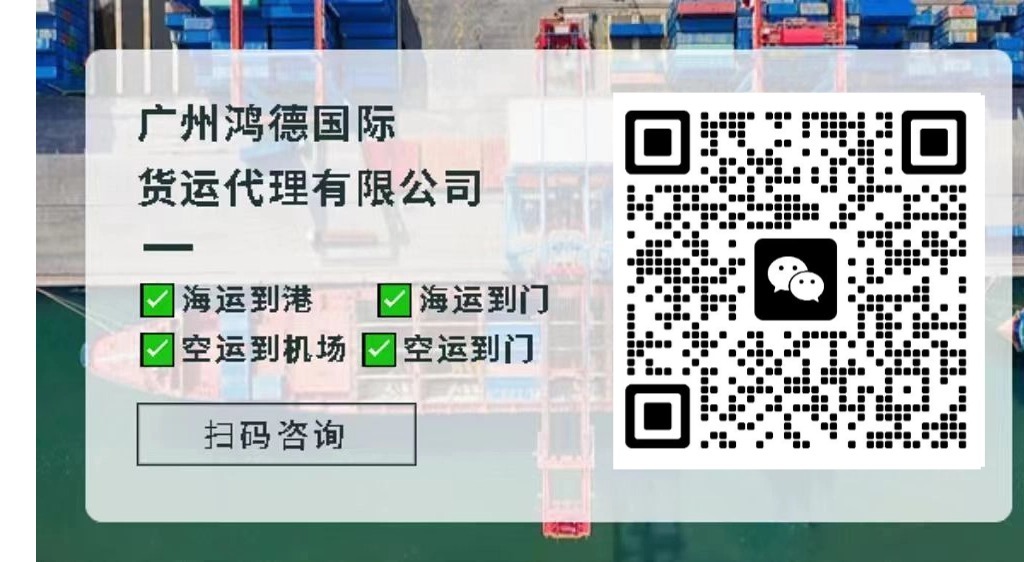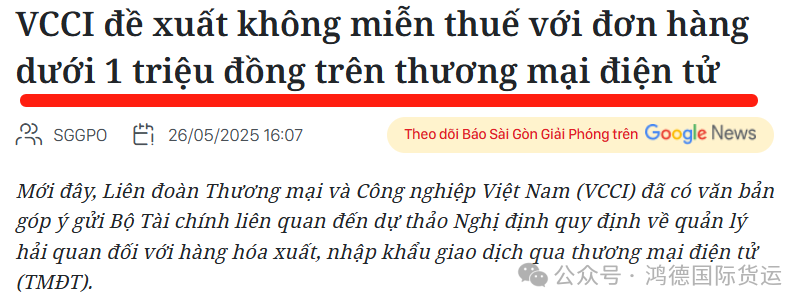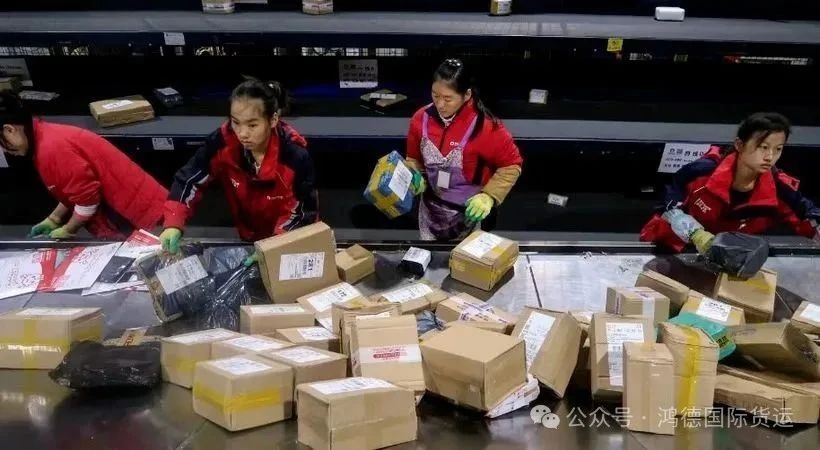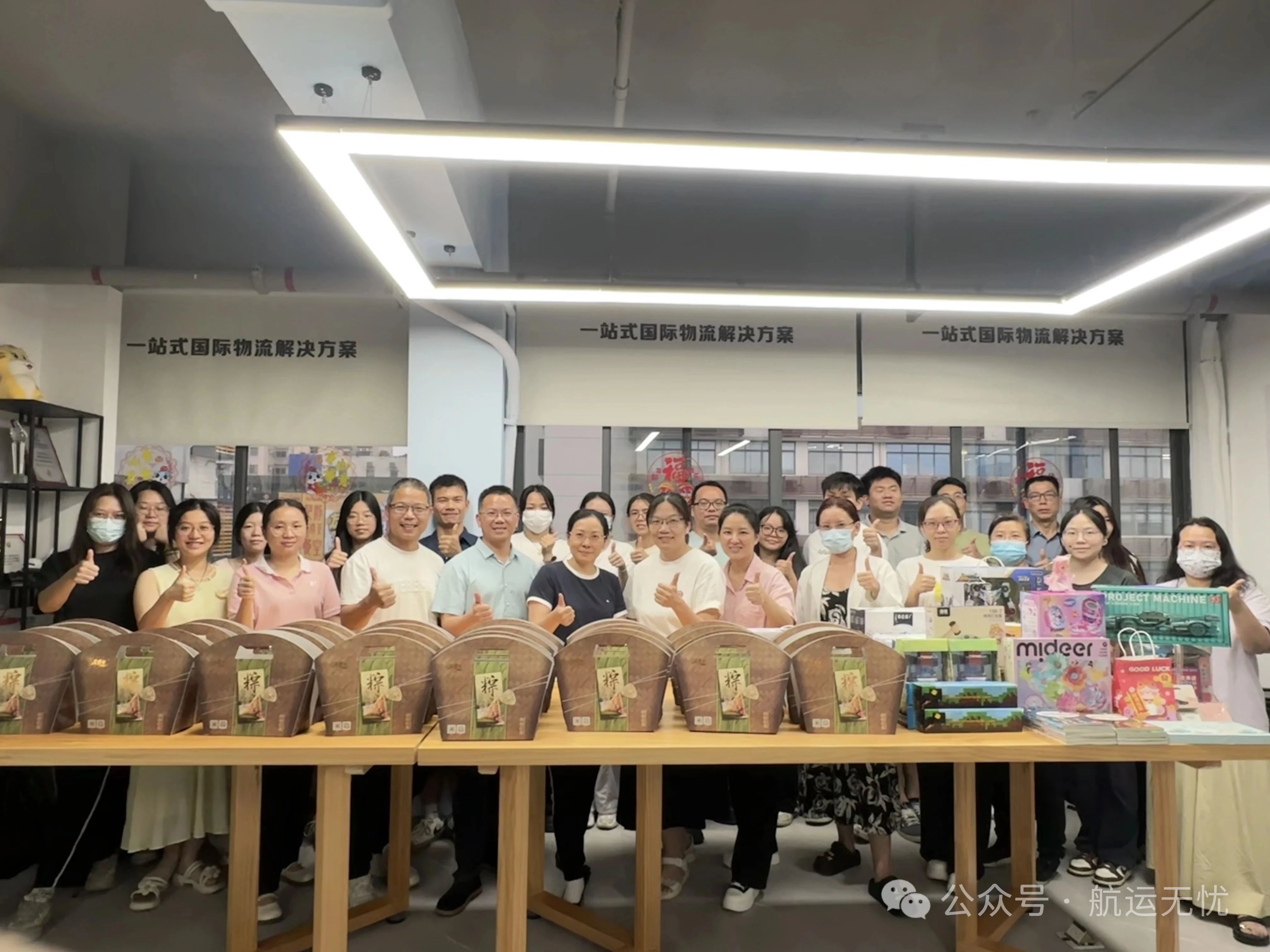Sudden! Vietnam imposes additional tariffs | Maritime export logistics
May 28,2025

The Vietnamese Federation of Chambers of Commerce and Industry (VCCI) submitted an opinion to the Ministry of Finance proposing to eliminate the import tax exemption for e-commerce import orders valued below 1 million VND (about 278 yuan). This means that Vietnam could become the latest country to join the global crackdown on small tax exemptions, after Japan.

Previously, Vietnam granted tax-free benefits to imported goods worth less than 1 million dong in an effort to boost import trade. But this year the policy began to tighten, with VAT exemptions for imported goods sent via express delivery worth less than 1 million VND cancelled from February 18.
Although the Ministry of Finance still recommends in the draft Customs Management Regulations on Imports and Exports of Goods that goods of smaller value (VND 1 million or less) be exempted from import duties, the VCCI believes that a duty-free threshold of VND 1 million would create unequal competition with domestically produced goods.
In 2024, for example, Shopee sold more than 324.1 million imported products. With revenues of 142 trillion VND and an average product value of only 43682 VND per product, if the tax-free policy is maintained, most imported e-commerce goods will not be subject to tax, while domestic companies will pay taxes on imported raw materials, giving foreign goods a competitive advantage. Therefore, the VCCI proposes a comprehensive tax on imported e-commerce goods.

However, the formulation of e-commerce product import tax policy faces many challenges, among which the HS code classification problem is more prominent. E-commerce shipments are usually composed of many small orders, a wide variety of goods, code differences, may lead to HS code difficult to determine, resulting in delivery delays or even order cancellation.
To address this issue, VCCI, drawing on international experience, suggests simplifying the tax rates for e-commerce goods by, for example, grouping HS codes into certain "goods categories" according to industry group or use, with each category corresponding to a specific tax rate.
Canada has adopted this format since 2012, using three alternative trade classification groups for nearly 5,400 HS codes. The VCCI recommended that the drafting body consider amending the import tax regulations on e-commerce goods, moving in the direction of simplifying the tax rate and applying it to all orders, regardless of the value.
In recent years, international goods have rapidly captured market share in Vietnam with diverse designs, low prices and flexible logistics policies, putting tremendous pressure on domestic sellers. Although domestic sellers still account for more than 94% of Shopee's sales, they need to adjust their strategies from pricing, quality to logistics costs. Local advantages such as fast delivery and easy returns are key factors in retaining shoppers.

At the same time, vendors' warehouse operation strategies are changing, with companies starting to spread their warehouse systems from centralized in Hanoi and Ho Chi Minh City to remote locations, and provinces such as Binh Duong, Hai Yang, Danang and Nam Dinh achieved double-digit growth in sales and output.
At present, cross-border e-commerce is booming, and major important markets have been increasing taxes on small packages. In late 2023, Malaysia announced a 10% low-price goods tax on all online sales of low-value goods (less than RM500) imported from abroad from 1 January 2024.
On February 1, 2025, the United States cancelled the T86 customs clearance tariff preferential policy, and the European market worried that sellers of low-priced goods would transfer to Europe, increasing the burden on local retail sellers. The European Commission has decided to impose a processing fee on cross-border e-commerce parcels and proposed to eliminate the tax-free policy for imports under 150 euros.
France's budget minister has endorsed the proposals, saying the country would impose a fixed fee on imported small parcels as soon as 2026. The UK's Chancellor of the Exchequer also said he was considering ending the zero-tax regime for low-value imports. Japan's Finance Ministry announced on May 19 that it plans to impose a 10% consumption tax on imports worth less than 10,000 yen, and requires cross-border e-commerce platforms to compulsorily register tax numbers and pay taxes.
Taken together, Vietnam's discussion and adjustment of the tax policy for e-commerce small packages, and the trend of increasing taxes on small packages in major markets around the world, Reflecting that cross-border e-commerce tax rules are facing major changes, various markets are seeking fairer and more effective tax policies to balance the relationship between domestic industrial development and cross-border electronic commerce development.
Previous Page:

Make global trade unimpeded
Contact Phone


Contact Us
Copyright ©Guangzhou Hongdex International Logistics Co.,Ltd
Hotline: 020-84608598
Whatsapp: 18011705178
QQ:2853396538
Email: 2853396545@qq.com
We will provide you with timely feedback










